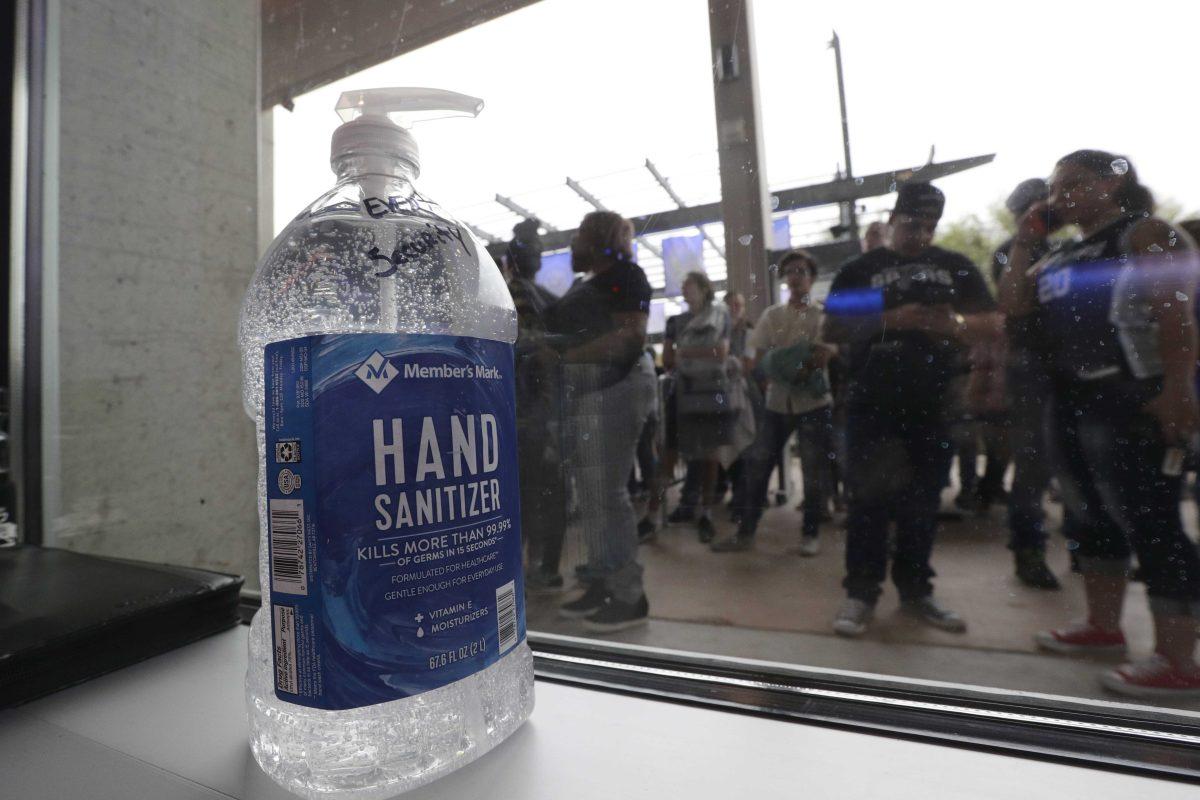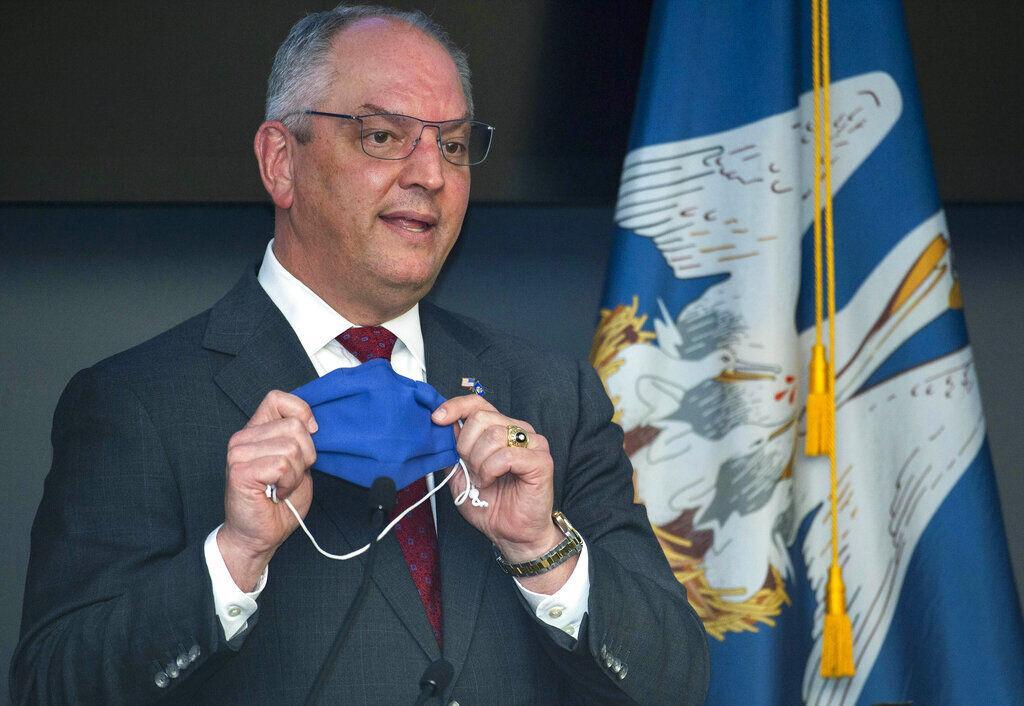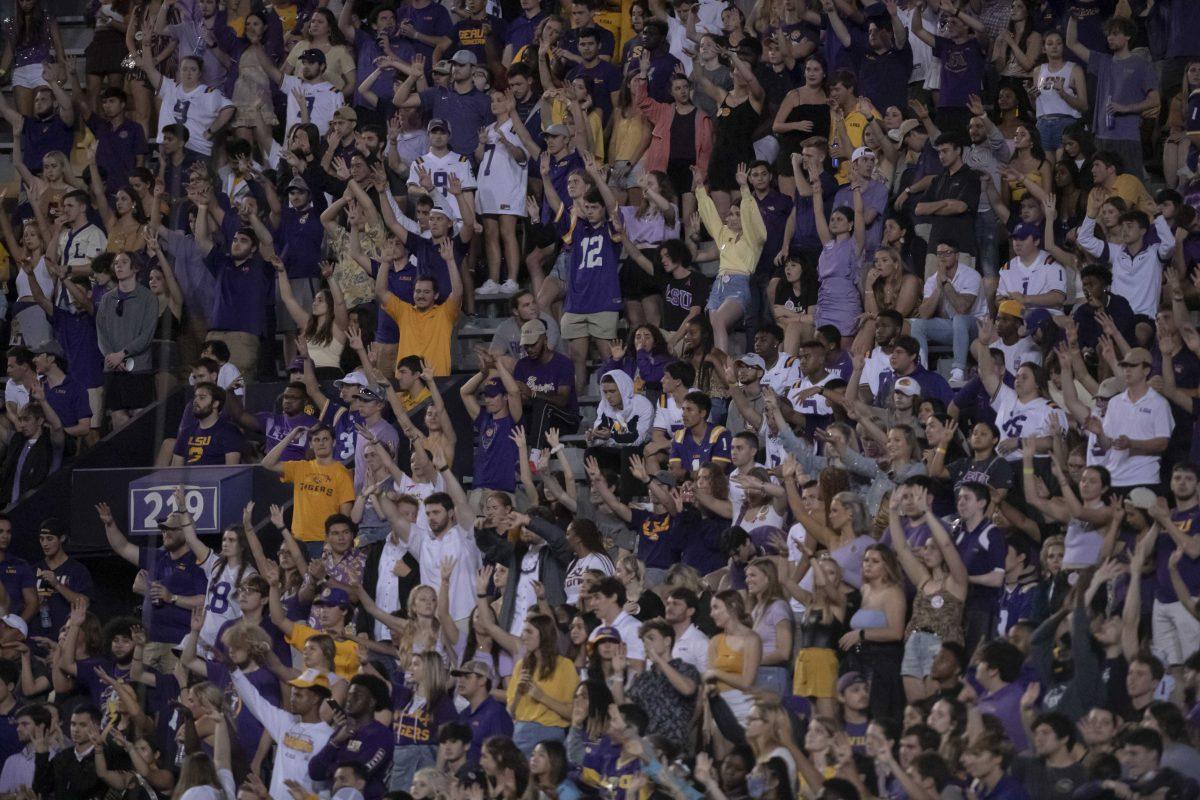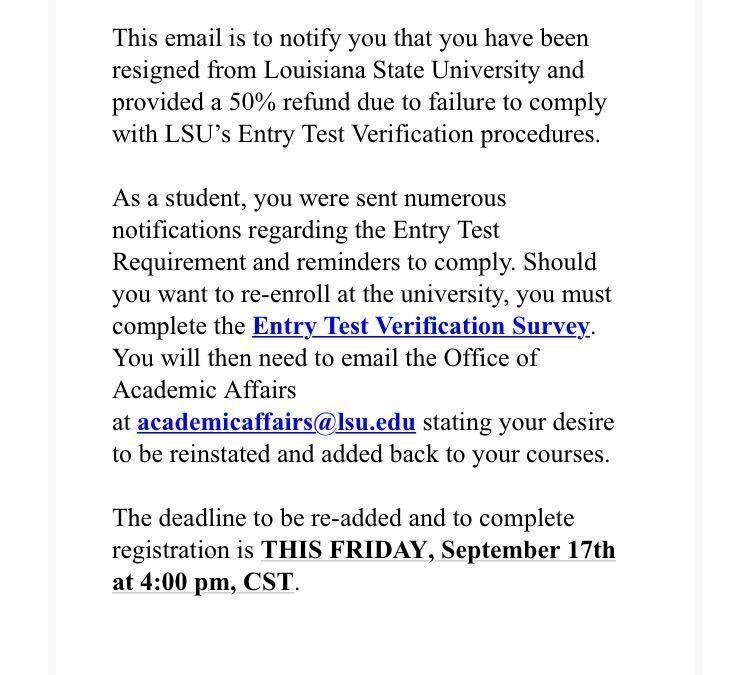It’s official, COVID-19, commonly referred to as the coronavirus, is a pandemic and affects more than just people’s health.
It’s affecting how journalists act as conduits to fans and how fans watch the games they love.
The pandemic has affected over 122,000 people worldwide and shows no signs of slowing down. The sports world is acting to ensure that players and fans stay away from the disease.
In one of the most competitive leagues in the soccer world, Serie A has decided to cancel play until at least April 3rd, and the Italian Football Federation said that the season may not finish at all. The entire country of Italy has shut down its borders until further notice.
World superstars like Cristiano Ronaldo and Paulo Dybala, who play for the Italian team Juventus, played in front of no fans a week ago in a stadium that seats over 80,000 people.
Ronaldo will be able to tell his children and grandchildren that he played his 1,000th game in front of zero fans,
While Juventus got the win, the feeling had to be eerie as goals were barely celebrated as no one could witness them first hand.
As for America, the major sports are starting to follow Italy’s move and are starting to close games to the public and interviews to the media.
The NBA, MLB, MLS and NHL released a joint statement on Monday saying that locker rooms and club houses will be closed to those are not essential staff members.
Games on the west coast have begun playing without fans. The Golden State Warriors and the Chase Center have announced today that their games will be played without fans in accordance with the city of San Francisco banning public gathers of over 1,000 people.
Media will still hold interviews but will have to do so at a different site and maintain six-to-eight- feet of distance.
While the precaution is justified as over 4,000 people have died from the disease, the media need to find a way to maintain coverage of games as they are being played because personal relations experts and executives for teams should not be the only ones reporting the news on these teams.
That affects not only the reporters, but the readers as well.
As for the fan exemption, it clearly affects the style and dynamic of any sport.
Home field advantage will be obsolete. Celebrations will be hard to justify. The joy for all athletes to play in front of a crowd that loves and cheers for them will be lost for a time.
One game of these hindrances would be enough, but it seems that this will be the norm for at least the foreseeable future.
As a coach, you try to keep things as normal as possible, but this is not a simple situation. Players’ parents will not be in attendance or even screaming fans of the opposition that could fuel a comeback. None of that will be allowed.
Now the greatest single elimination tournament in sports — March Madness — be played without a packed house. A packed house that has changed the outcome of multiple Final Fours.
Another tradition of bringing your son or daughter to watch underdogs battle to beat top tier programs will now have to be put on hold until next year.
All I know is that everyone should be taking every precaution until medicine can catch up because the new regulations are not fun for players or fans alike.
Please wash your hands.Sports are not the same without players competing in front of hostile crowds, and the media asking hard questions seconds after a big win or a tragic loss.







